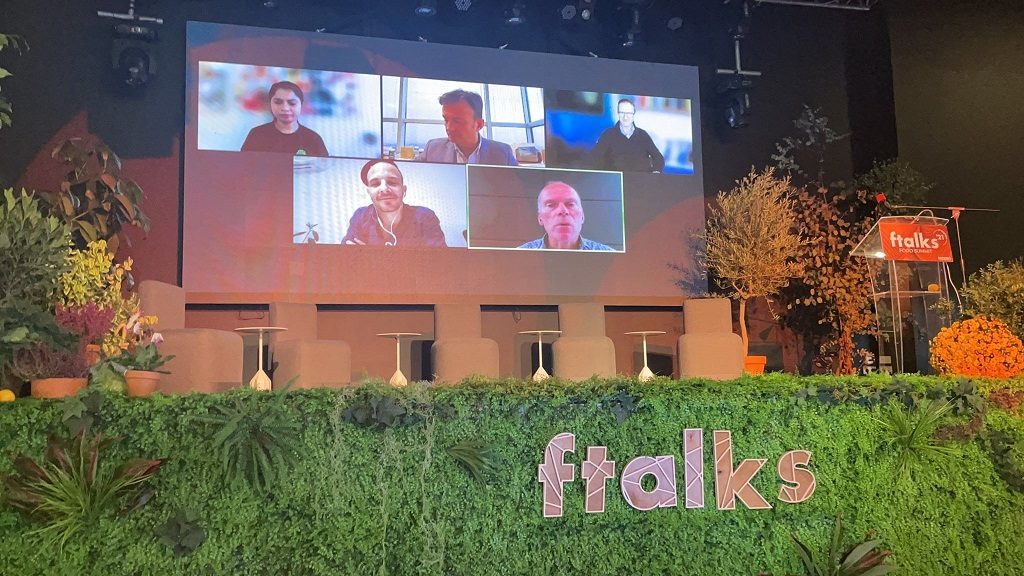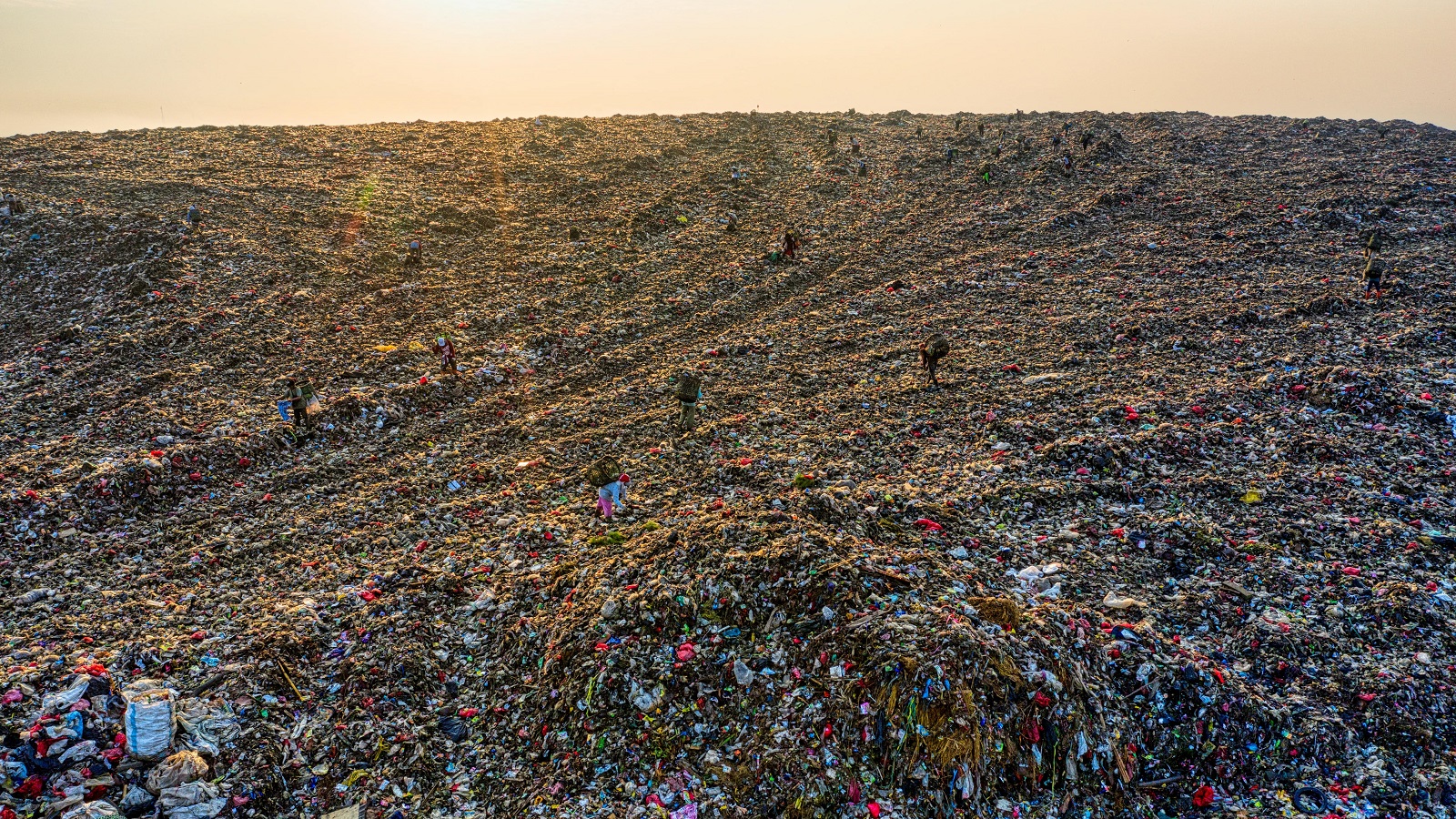
The third edition of the ftalks Food Summit, which took place a few days ago, brought together artificial intelligence, robotics, urban vertical farms, edible containers and cutlery, vegetable protein made from agricultural residue, meat or fat grown in the laboratory, cheese and seafood ‘plant -based ‘, or biotechnology to make sourdough. Under the motto ‘A closer look at what we eat’, was organized by the innovation hub KM ZERO Food Innovation, at the Palau Alameda in Valencia, focusing on different challenges faced by the sector such as sustainability, the circular economy, a new generation of proteins, personalized nutrition or agriculture regenerative.
At the opening, the CEO of KM ZERO, Raúl Martín, has valued the resilience of the food industry: “Foodtech startups have raised 20,000 million Euros worldwide during the first half of 2021, a value that almost equals that generated in the entire previous year. The change in consumer preferences was drastic in 2020. Since then, growth trends such as digitization, robotics, e-commerce, the integration of workflows to reduce food waste or the adoption of technologies have been accentuated. Industry 4.0 throughout the value chain. ftalks is a showcase of all of them through the most disruptive local and international projects”.
In the same vein, the regional secretary for Innovation and Digital Transformation, Jordi Juan, also present at the inauguration, has stated that he stressed that the food sector is key and strategic for the Valencian Community and that is why they are present at the main meeting at the state level of companies linked to innovation, new technologies and entrepreneurship: “For the second consecutive year we are one of the main partners of ftalks, where we will reflect on the food of the future and how it will affect to our society ”.
The future of food from the hand of world leaders
The creation and development of new proteins to feed the growing population has been one of the star topics of the day. Mark Post, co-founder of Mosa Meat, a pioneering Dutch company in presenting to the public a portion of minced meat ‘in vitro’ made with cow stem cells, has highlighted: “The development of alternative proteins is inevitable since the traditional system is not prepared to satisfy the increasing demand at an acceptable environmental cost. Many products have already entered the market and the variety and scale will expand exponentially in the next three years. “
They have also presented their projects Matias muchnick, Founder and CEO of NotCo, a Chilean startup that develops food through artificial intelligence ‘plant-based’ replicating products like mayonnaise or milk; o Miguel Calatayud, CEO of iWi, a company specialized in the cultivation of algae for the production of functional supplements in sustainable farms in Texas and New Mexico.
Josep Segarra, Investor Manager at Quadia, highlights that they try to cover the entire value chain with their investments and that they see a great movement of startups and more mature companies in agtech and foodtech with a very important component of private financing: “Our goal is that these startups grow, that they can act as a catalyst for their industry and move the sector from below. We see very important trends at the beginning of the value chain, soil regeneration, or in agriculture combining technology, artificial intelligence or robotics “.
And it is that the future of agriculture has been another of the themes of the day. Alina Zolotareva RDN, Marketing Director at Aerofarms, explained how the company develops aeroponic systems to grow different varieties of plants simultaneously in urban vertical farms; and Adrián Ferrero, Co-founder and CEO of Biome Makers, a Spanish biotech startup based in California, has revealed how they analyze the soil’s microbiome to provide information to agricultural companies and improve the quality of crops.
The reinvention of packaging has also been addressed with Rodrigo García, Co-founder and Co-CEO of NotPla, a company dedicated to the creation of sustainable packaging from natural materials from algae that highlights: “The fact that the material is edible certifies that nature can help us to transform”; and with Daphna Niessenbaum, Co-founder and CEO of TIPA Corp, a project that has devised a biodegradable material that behaves similarly to organic matter.
Photo: Europa Press



